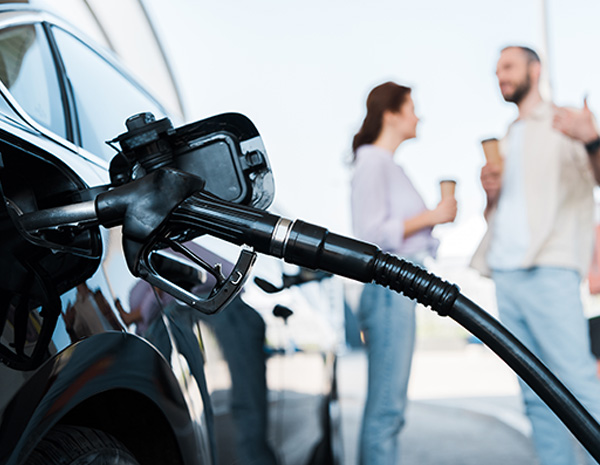In today’s world, where fuel prices fluctuate and environmental concerns loom large, optimizing fuel efficiency has become a top priority for individuals and businesses alike. By adopting strategic approaches, we can significantly reduce our carbon footprint and save substantial amounts of money. In this blog post, we’ll delve into practical tips and techniques to maximize fuel efficiency, empowering you to make a positive impact on both your wallet and the planet.
Understanding the Basics of Fuel Efficiency
Before we dive into specific strategies, it’s essential to grasp the fundamental principles of fuel efficiency. Key factors influencing fuel consumption include:
- Vehicle Condition: Well-maintained vehicles with properly inflated tires, clean air filters, and tuned engines operate more efficiently.
- Driving Habits: Aggressive driving behaviors such as rapid acceleration, hard braking, and excessive idling significantly increase fuel consumption.
- Vehicle Weight: The heavier the vehicle, the more fuel it requires to move.
- Aerodynamics: The shape of a vehicle impacts its fuel efficiency. Sleek designs with reduced drag can improve fuel economy.
Practical Strategies to Maximize Fuel Efficiency
Now, let’s explore practical strategies to implement in your daily life:
- Mindful Driving Habits:
- Gentle Acceleration: Accelerate gradually and smoothly to avoid sudden bursts of energy consumption.
- Anticipate Traffic: Observe traffic patterns and adjust your speed accordingly to minimize unnecessary braking and acceleration.
- Coasting: When approaching a red light or a stop sign, release the accelerator pedal to allow the vehicle to coast.
- Avoid Idling: Turn off your engine when waiting for extended periods, such as at traffic lights or in drive-thrus.
- Optimize Vehicle Maintenance:
- Regular Tune-ups: Schedule regular maintenance checks to ensure optimal engine performance.
- Tire Pressure: Maintain proper tire pressure to reduce rolling resistance and improve fuel economy.
- Air Filter: A clean air filter allows for efficient airflow, enhancing engine performance and fuel efficiency.
- Wheel Alignment: Proper wheel alignment reduces tire wear and improves fuel economy.
- Vehicle Selection and Usage:
- Choose Fuel-Efficient Vehicles: Consider purchasing vehicles with higher fuel economy ratings, such as hybrid or electric cars.
- Carpooling and Public Transportation: Reduce the number of vehicles on the road by carpooling or using public transportation whenever possible.
- Combine Errands: Plan your trips efficiently to minimize the number of trips you take.
- Avoid Unnecessary Weight: Remove unnecessary items from your vehicle to reduce its weight.
- Eco-Driving Techniques:
- High Gear, Low RPM: Shift into higher gears at lower RPMs to maintain a steady speed.
- Cruise Control: Utilize cruise control on highways to maintain a consistent speed and reduce fuel consumption.
- Avoid Excessive Speed: High speeds increase aerodynamic drag, leading to higher fuel consumption.
- Fuel-Efficient Driving Habits:
- Plan Your Route: Use navigation apps to find the most efficient routes and avoid traffic congestion.
- Avoid Peak Traffic Hours: If possible, travel during off-peak hours to reduce traffic-related fuel consumption.
- Use Air Conditioning Sparingly: Open windows for ventilation when possible to reduce the load on the air conditioning system.
Additional Tips for Businesses:
- Fleet Management: Implement fleet management systems to monitor fuel consumption and identify areas for improvement.
- Driver Training: Provide driver training programs to educate employees on fuel-efficient driving techniques.
- Vehicle Telematics: Utilize telematics devices to track vehicle performance and identify opportunities for optimization.
By incorporating these strategies into your daily routine, you can significantly reduce your fuel consumption and contribute to a greener planet. Remember, every small step counts. Let’s work together to create a more sustainable future.


